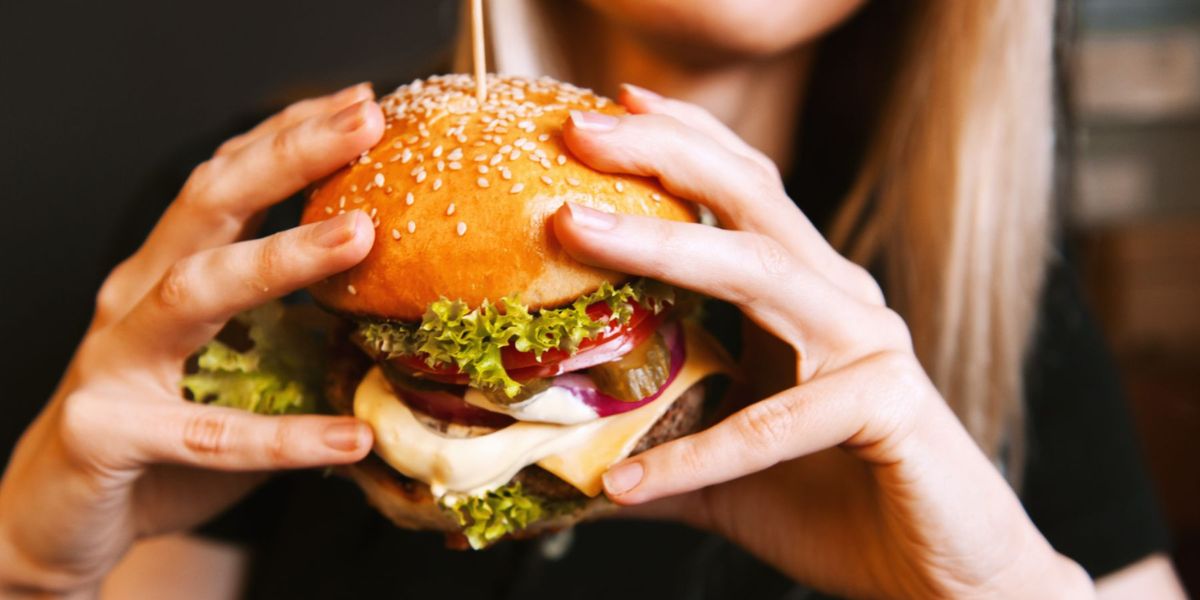Neat Burger, the plant-based burger chain backed by Formula 1 star Lewis Hamilton and actor Leonardo DiCaprio, has officially shut down all its locations in the United Kingdom – following the earlier closure of its New York store.
The company confirmed its decision in a brief statement, saying, “We have no further comment at this time, other than to confirm that the business has taken the difficult decision to close its UK restaurants”. As of now, its only remaining location appears to be in Milan, Italy.
The closure marks a stark end to a brand that launched with ambitious goals: to revolutionize fast food by offering a sustainable, plant-based alternative to traditional burgers. Positioned as a healthier, more ethical choice, Neat Burger aimed to appeal to a new generation of environmentally-conscious diners. However the concept may have ultimately overestimated the public’s appetite for wellness-focused burgers in a space still dominated by greasy indulgence.
A healthy fast-food experiment ends
“You don’t win friends with salad” – this line from The Simpsons, sung by Bart, Homer, and Marge in response to Lisa’s vegetarianism, may sum up the harsh truth behind Neat Burger’s failure.
Fast-food customers don’t typically seek out healthy food when they’re craving a burger. Instead, they want indulgence – greasy fries, rich sauces, and meaty satisfaction. That’s why chains like McDonalds, Burger King and Wendy’s have found continued success with menus that focus on comfort food rather than wellness.
Unexpectedly, A Store Chain is Closing All of Its Stores in Illinois
McDonald’s, for example, once offered salads and even a plant-based McPlant burger, but they were eventually removed due to lack of demand. Burger King still sells its Impossible Whopper, but has not expanded its healthy offerings in any significant way. Wendy’s rotates seasonal salads, but its staples have names like “Baconator” – not exactly health-forward branding.
The illusion of demand for healthy burgers
Neat Burger was launched with the mission of transforming fast food into something fresher, healthier, and more sustainable. The company’s now-defunct New York described its offerings as “protein-packed, wholesome ingredients, better for the planet and better for you”. The concept relied heavily on cooking from scratch, local and seasonal vegetables, and plant-based proteins.
While this mission may appeal to a certain demographic, the broader fast-food customer base seems to disagree. The disconnect is clear: consumers may say they want healthier options, but their wallets usually tell a different story. Most people who want a burger are looking for comfort and flavor – not lectures on sustainability or low-calorie innovation.
Celebrity endorsement can’t fix a flawed concept
Having high-profile backers like Hamilton and DiCaprio drew attention to Neat Burger – but in the restaurant business, buzz doesn’t equal longevity. Celebrity-owned restaurants have a long history of failure. From Britney Spears and Flavor Fav to Hulk Hogan and Steven Spielberg, countless stars have tried – and failed – to parlay their fame into food service success.
Unless the food truly resonates with diners and meet a market demand, celebrity involvement doesn’t lead to repeat business. Mark Wahlberg’s Wahlburgers is one of the rare exceptions, largely due to his brother’s work on a solid, satisfying menu. Neat Burger, by contrast, banked too much on the appeal of plant-based ideology and not enough on creating the kind of craveable experience fast-food consumers expect.
The harsh reality of the fast-food market
Ultimately, Neat Burger’s closure isn’t just about one brand – it’s a signal. It reflects the ongoing challenge of trying to make healthy eating work in a category built on indulgence. People looking for nutritious meals have other venues – fast-food burger chains, however, remain bastions of guilty pleasure.
The lesson is clear: fast food thrives on flavor, familiarity, and satisfaction. And when people are hungry for a burger, they don’t want to be told what they should eat – they want what they love to eat.




